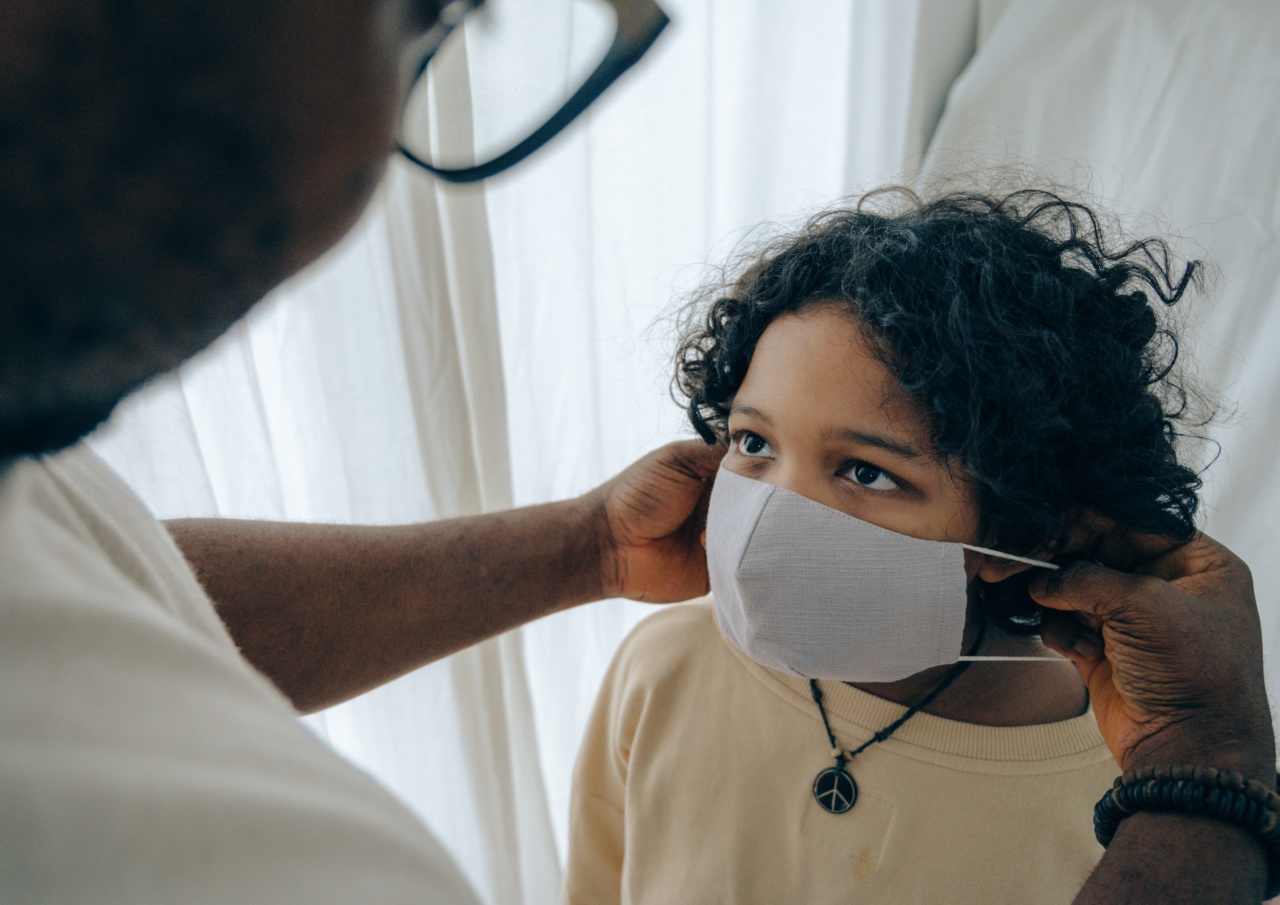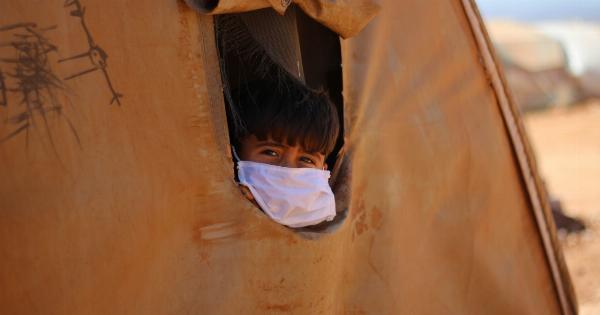Children are prone to infections due to their developing immune systems and penchant for exploring the world around them. Most infections are harmless and can be easily treated with antibiotics or other medication.
However, chronic infections that persist for weeks, months or even years, can have serious consequences for kids. In this article, we will discuss the hidden dangers of chronic infections in kids, and what parents can do to protect their little ones.
What are Chronic Infections?
A chronic infection is an infection that persists for a long time, usually over six months, despite attempts to treat or cure it. The body’s immune system is unable to clear the infection from the body, and the infection may recur periodically.
Chronic infections can be caused by bacteria, viruses, fungi, or parasites.
What are the Symptoms of Chronic Infections in Kids?
Chronic infections in children can be difficult to detect, as the symptoms may be vague or non-specific. Some common symptoms of chronic infections in children include:.
- Frequent fever without any apparent cause
- Fatigue or lack of energy
- Lack of appetite or weight loss
- Loss of interest in activities
- Recurrent infections, such as ear infections, strep throat, or sinusitis
- Skin infections or rashes that do not respond to treatment
- Chronic cough or wheezing
- Joint pain or swelling
The Dangers of Chronic Infections in Kids
Chronic infections in kids can have serious health consequences if left untreated. Here are some of the hidden dangers of chronic infections:.
1. Impairment of Immune Function
Chronic infections can weaken the immune system, making it more difficult for the body to fight off other infections. This can lead to a cycle of chronic infections that can be difficult to break.
Chronic infections can also lead to autoimmune disorders, allergies, and other immune-related health problems.
2. Growth and Developmental Issues
Chronic infections can affect a child’s growth and development.
Children who suffer from chronic infections may be malnourished, may not grow and develop as quickly as other children their age, and may experience delays in cognitive and motor development.
3. Organ Damage
Chronic infections can lead to the damage of vital organs such as the heart, lungs, liver, and kidneys.
For example, chronic infections such as Hepatitis B or C can lead to liver damage, and untreated streptococcal infections can lead to heart damage known as rheumatic fever.
4. Increased Risk of Cancer
Chronic infections have been linked to an increased risk of cancer in both adults and children. Viral infections like Hepatitis B and C and human papillomavirus (HPV) have been linked to liver and cervical cancer, respectively.
Helicobacter pylori, the bacterium that causes stomach ulcers, has been linked to stomach cancer.
Causes of Chronic Infections in Kids
The causes of chronic infections in children vary depending on the type of infection. Here are some common causes:.
1. Weak Immune System
A weak immune system can make it difficult for the body to fight off infections effectively, leading to chronic infections.
Factors that can weaken the immune system in children include malnutrition, underlying medical conditions, and medication side effects.
2. Bacterial Infections
Bacterial infections such as Tuberculosis, Lyme Disease, and Mycoplasma pneumonia can cause chronic infections in children.
3. Viral Infections
Chronic viral infections such as Hepatitis B and C, Cytomegalovirus (CMV), Human Immunodeficiency Virus (HIV), and Epstein Barr Virus (EBV) can cause chronic infections in children.
4. Fungal Infections
Fungal infections such as candidiasis, aspergillosis, and histoplasmosis can cause chronic infections in children. These infections are often seen in children with weak immune systems.
5. Parasitic Infections
Parasitic infections such as Giardiasis, Malaria, and Toxoplasmosis can cause chronic infections in children. These infections are often seen in children who live in areas with poor sanitation.
Treating Chronic Infections in Kids
Treatment for chronic infections will depend on the type of infection and its severity. Your child’s doctor may prescribe antibiotics, antifungal medication, or antiviral medication to treat the infection.
In some cases, surgery may be necessary to remove infected tissue.
In addition to medication, your child’s doctor may recommend lifestyle changes to help boost their immune system and prevent chronic infections from recurring. These changes may include:.
- Eating a healthy, balanced diet
- Getting enough sleep and exercise
- Washing hands frequently and maintaining good hygiene
- Getting vaccinated against common infections like measles, mumps, and the flu
- Reducing stress
Preventing Chronic Infections in Kids
Preventing chronic infections in children begins with good hygiene practices. Here are some ways to prevent chronic infections:.
- Wash your hands frequently with soap and water, especially before eating and after using the bathroom
- Keep your child’s environment clean and free of germs
- Teach your child to cover their mouth and nose when they cough or sneeze
- Ensure your child’s vaccinations are up to date
- Avoid exposure to sick people and other potential sources of infection
- Encourage your child to eat a healthy, balanced diet and get enough rest and exercise
Conclusion
Chronic infections in kids can have serious health consequences if left untreated. Early detection and prompt treatment are essential to preventing the hidden dangers of chronic infections.
Parents can take steps to prevent chronic infections in their children by maintaining good hygiene practices and following their doctor’s advice to boost their child’s immune system.































